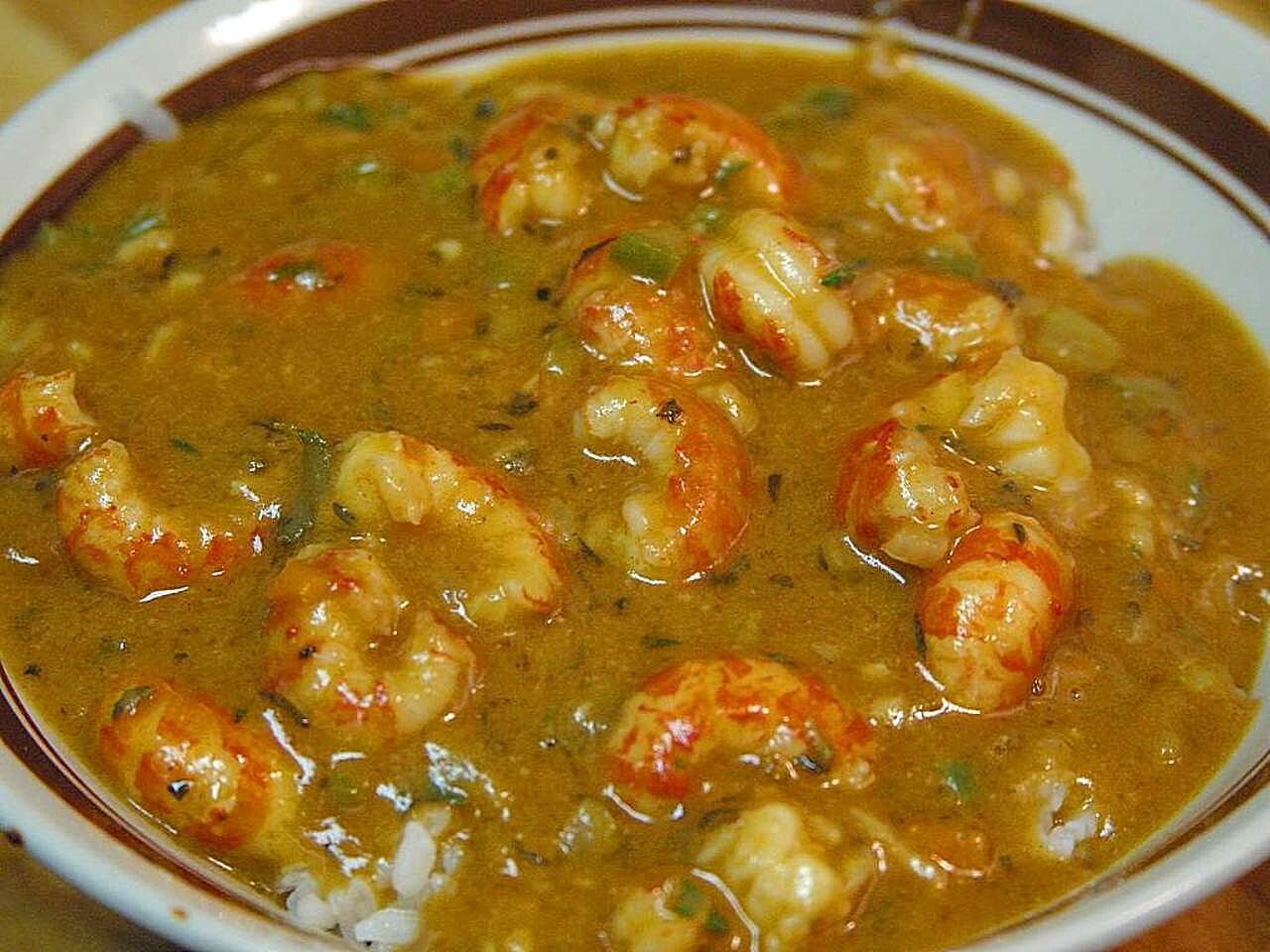Gumbo and Sassafras
For two days, my husband has been preparing gumbo. He doesn't cook gumbo. He layers gumbo. It's one of the perks of marrying a man from and trained by a chef in New Orleans.
He lives to stir a pot, and you can taste every bit of love in each bite. When this batch was ready for tasting, it was missing something. I couldn't put my finger on it. I could only say that it didn't have that New Orleans taste.
That's when he told me he couldn't find filé. He thickened it with extra okra, but without filé, you can't get that creole flavor. When he said filé was sassafras, I smiled because I had some in my apothecary. Although filé is ground sassafras leaves and I had the root, he made a tea with it anyway and added it in small amounts. The root is spicier, and it gives it a different flavor. I loved it!
From the first time I heard the word sassafras, I've been fascinated by it. It began with the way the name rolled off my tongue. Sas-sa-fras. It sounds spicy and sexy. Then I discovered it was the main ingredient in old-school root beer, near the top of my guilty pleasure list. These days, Virgil's is my go-to bottle because it comes the closest to having that unique sassafras taste.
After researching it, I discovered sassafras is a small tree native to North America. Western Cherokee used infusions from the root for blood purification, fevers, diarrhea, and arthritis. Later, the colonists used it extensively and shipped the wood and carvings back to Europe. It usually made the voyage intact since it's rot-resistant, so it gained the nickname "lucky wood" and was believed to ward off evil spirits. For centuries, it was valued for its medicinal benefits and more.
Fast forward 400 years, and it has fallen from grace in medical circles. The FDA banned its main active constituent, safrole, as a food additive because a study revealed carcinogenic effects in laboratory animals. Now, I'm a toddler in my understanding of phytochemistry. Yet, if you isolate and inject a pure extract of a chemical compound in quantities much larger than the animal, they will likely get pretty sick.
Hopefully, those poor animals were in bliss and didn't feel a thing because chemicals in safrole are used to create ecstasy/MDA.
In his book, "New World Herbal," Matthew Wood writes, "Safrole is a neurotoxin and carcinogenic in isolation, but tests have shown that people who drink the tea for years have a reduced rate of cancer."
Besides, I've discovered almost as much safrole in nutmeg as in sassafras bark. Yet again, I'm a toddler at understanding these things.
Herbs are like our bodies. Each part is interdependent, creating a harmonious system that can accomplish dozens of things simultaneously. This is why isolating active constituents or chemically manipulating a few aspects of a plant can have unintended consequences, i.e., side effects. At times, the medicinal value is worth it. For my family, we prefer to give our bodies what they need to heal themselves naturally, so plants are our medicine of choice whenever possible.
Likewise, many prominent herbalists still use the leaves, barks, and roots for many conditions. The leaves are cooling and demulcent, so they are good to have when your skin and mucous membranes are hot and irritated. The leaves help with sore throats and skin eruptions such as acne and eczema. I learned from a video recorded by Jim McDonald that the leaves make an excellent eyewash. The roots are hotter and spicier, so they are used for blood purification (particularly when someone has a cold or the flu), as well as for arthritic conditions and more. (You can check the video out on HerbMentor.com. Subscribe. It's worth it!)
As you can probably tell, I love the taste, so I have some to explore and add flavor to my teas. Thankfully, sassafras leaves do not contain significant safrole, so it is a legal food additive. For this, I and all gumbo fans around the world are grateful.
Kim Violet is a mom, wife, herbalist, and the founder of Eden's Leaves, an herbal products company with medicinal blends for immunity and emotional health. She studies, writes, and teaches about herbal medicine. Kim is also the founder of Simply Brilliant, a consulting practice for organizations creating the world we want to leave for our great-grandchildren.






